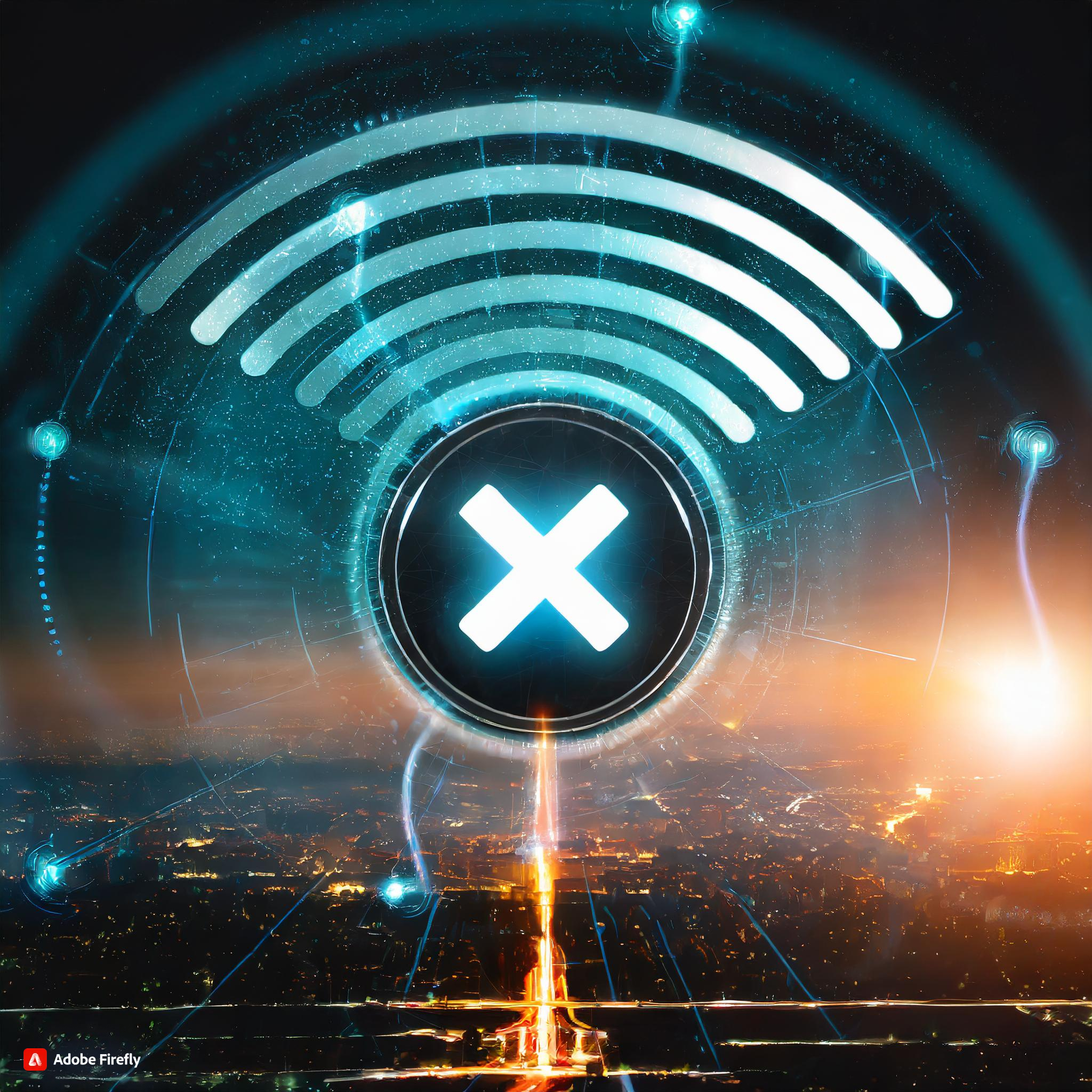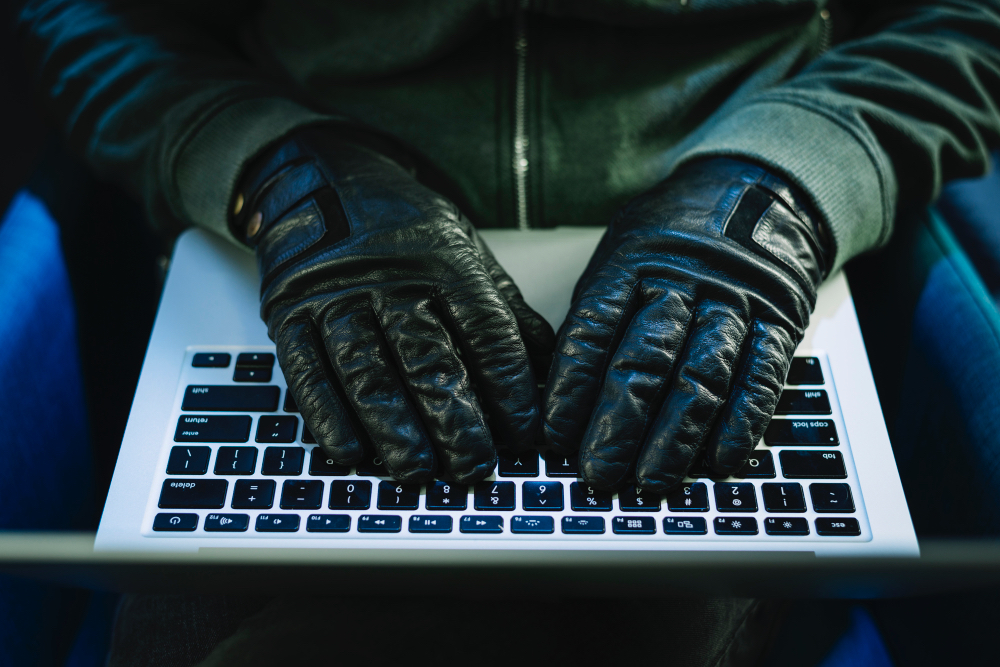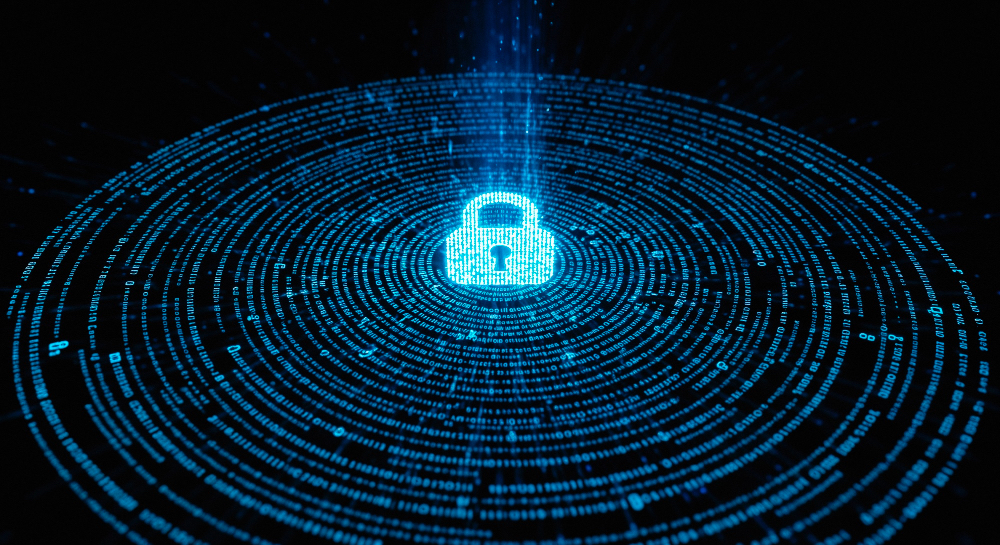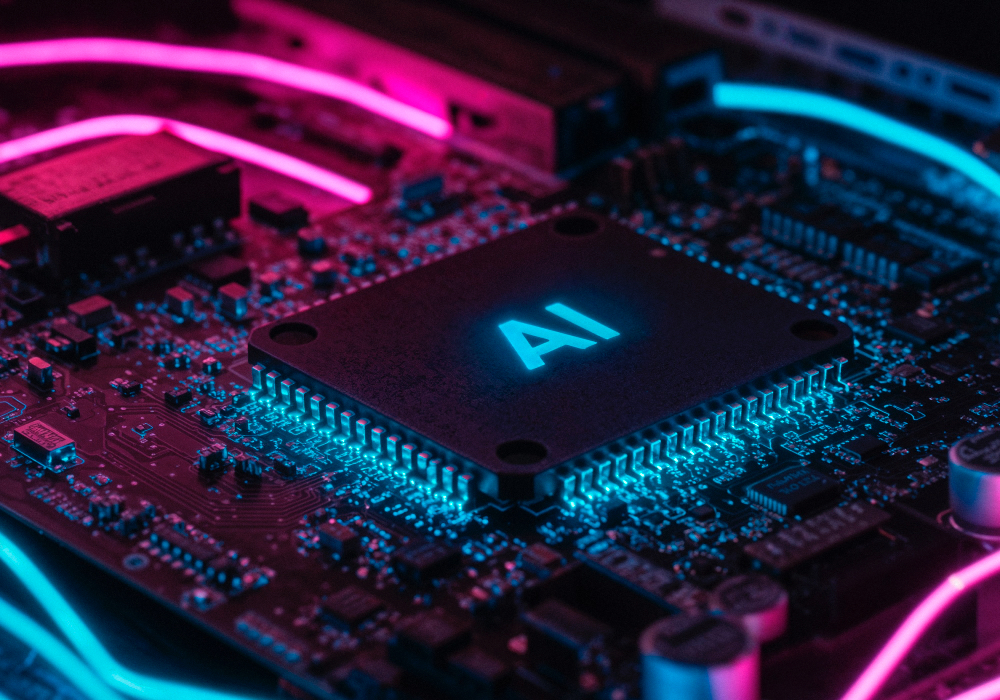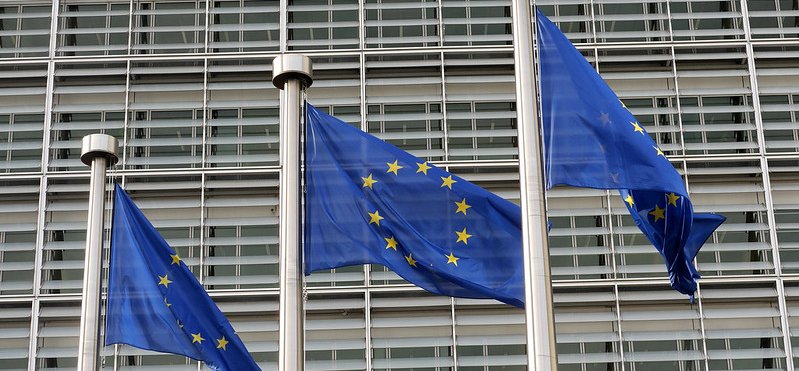AI-driven defences are moving deeper into operational technology as NVIDIA leads a shift toward embedded cybersecurity across critical infrastructure.
The company is partnering with firms such as Akamai Technologies, Forescout, Palo Alto Networks, Siemens and Xage Security to protect energy, manufacturing and transport systems that increasingly operate through cloud-linked environments.
Modernisation has expanded capabilities across these sectors, yet it has widened the gap between evolving threats and ageing industrial defences.
Zero-trust adoption in operational environments is gaining momentum as Forescout and NVIDIA develop real-time verification models tailored to legacy devices and safety-critical processes.
Security workloads run on NVIDIA BlueField hardware to keep protection isolated from industrial systems and avoid any interference with essential operations. That approach enables more precise control over lateral movement across networks without disrupting performance.
Industrial automation is also adapting through Siemens and Palo Alto Networks, which are moving security enforcement closer to workloads at the edge. AI-enabled inspection via BlueField enhances visibility in highly time-sensitive environments, improving reliability and uptime.
Akamai and Xage are extending similar models to energy infrastructure and large-scale operational networks, embedding segmentation and identity-based controls where resilience is most critical.
A coordinated architecture is now emerging in which edge-generated operational data feeds central AI analysis, while enforcement remains local to maintain continuity.
The result is a security model designed to meet the pressures of cyber-physical systems, enabling operators to detect threats faster, reinforce operational stability and protect infrastructure that supports global AI expansion.
Would you like to learn more about AI, tech and digital diplomacy? If so, ask our Diplo chatbot!


